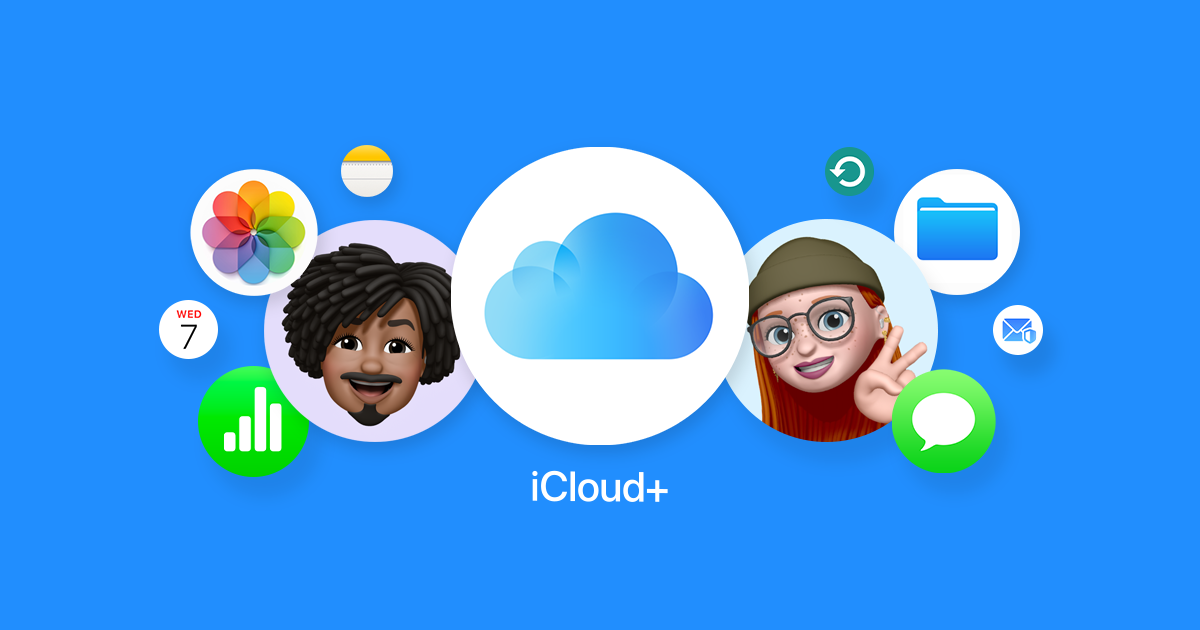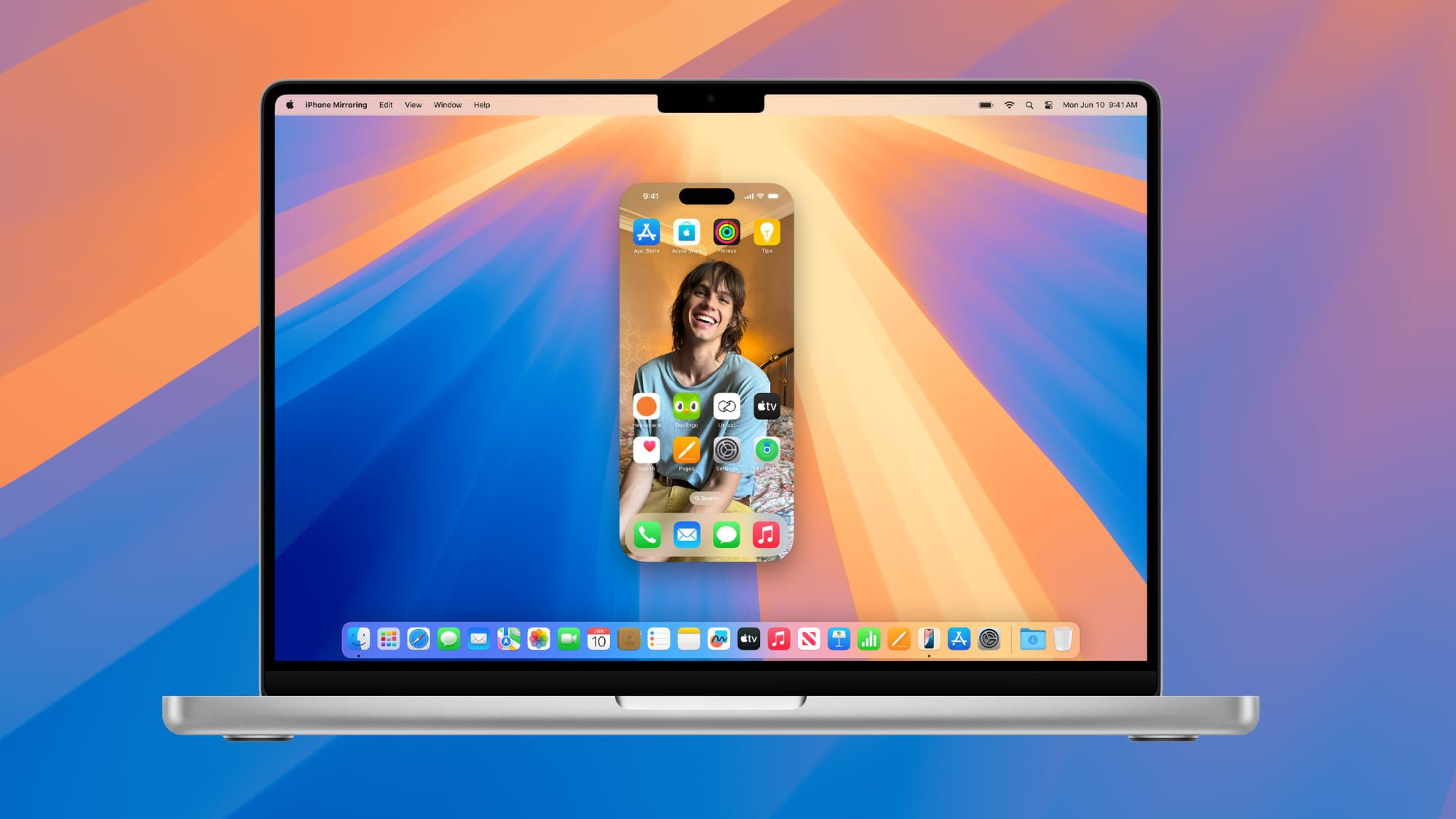Apple faced a hiccup with its iCloud services, causing trouble for some users. According to Apple’s System Status page, services like iCloud Mail, Photos, iWork, and account sign-ins were affected, starting around 2:36 p.m. Eastern Time. Users reported issues like being unable to access files or photos or facing slow syncing.
The Find My service was briefly down but fixed by 6:41 p.m. Eastern Time. However, other services continued to have problems, leaving some users frustrated as they couldn’t access their data smoothly. Apple is working to resolve these issues, but no clear reason for the outage has been shared yet.
In brighter news, Apple updated its Invites app to version 1.3, adding a bunch of new background options for event planning. The app, launched earlier in 2025, helps users organize events like pool parties or game nights with custom invitations.
The new backgrounds make invites more fun and fitting for different occasions, from casual hangouts to big celebrations. While the app supports creating AI-generated backgrounds with Image Playground, these new built-in options are especially helpful for users with older iPhones that don’t support Apple Intelligence.
You need an iCloud+ subscription, starting at $0.99 per month, to create events, but anyone can RSVP, even without an iPhone, using a web browser. The update makes event planning more colorful and user-friendly.



